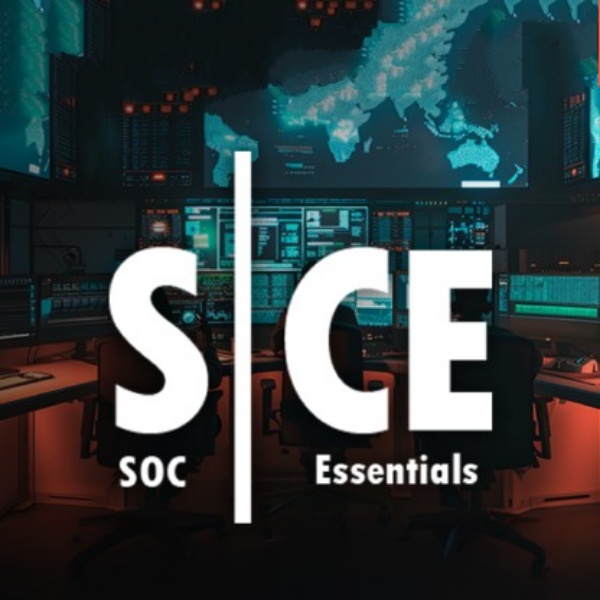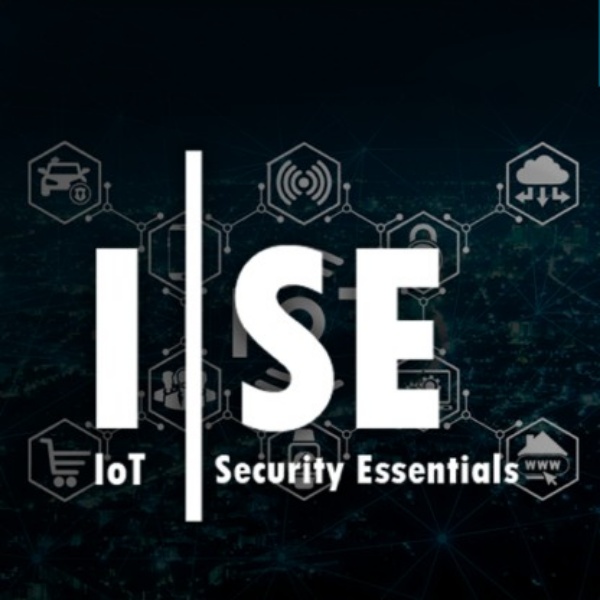Mode 01
Application Development Concepts
Application Development Concepts
Application Security Fundamentals
Introduction to DevOps
Introduction to DevSecOps
Introduction to DevSecOps Management Tools
Introduction to DevSecOps Code and CI/CD Tools
Introduction to DevSecOps Pipelines
Introduction to DevSecOps CI/CD Testing and Assessments
Implementing DevSecOps Testing & Threat Modeling
Implementing DevSecOps Monitoring Feedback
DSE – DevSecOps Essentials
What is DSE?
The DevSecOps Essentials program will provide you with the foundation knowledge and essential aspects of secure application development, or DevSecOps.
In this course, you will gather key insights into identifying application development risk and securing and testing applications within on-premises, cloud providers, and hybrid infrastructures. Put your newly acquired abilities to the test in an exhilarating Capstone project to develop the hands-on skills essential for success in your cyber professional role. After completing this program, you will be prepared to move towards a career in secure application development.
What Skills You'll Learn?
Who Is It For?
Course Objectives
Career Path Opportunities
Exam Information
Exam Title: Cloud Security Essentials
Exam Code: 112-55
Number of Questions: 75
Duration: 2 Hours
Exam Availability : ECC Exam Center
Test Format : Multiple choice
ComputerLand Romania welcomes specialists in the field of information security by concluding a partnership with EC-Council, the provider of some of the most appreciated training programs in this field, and brings to Romania a varied range of courses and certifications.
iLearn Self-Paced is a distance learning program, designed for those who cannot attend a live course, for people who have a very busy schedule and want to learn at their own pace, through individual study. This comprehensive training program offers the advantages of self-paced classroom training.
A world leader, EC Council offers information security courses and certifications in all major information security disciplines, including computer security, computer security, network security, application security, computer network penetration testing, computer forensics, and intrusion detection.
EC-Council estimates a success rate of over 90% in the exam for IT specialists who study using these iLearn packages for the estimated duration and using the preparation guide
Online training modules led by experienced EC-Council instructors
Information and Registration Ec-Council Courses – Computerland Romania
Computerland Romania
Soseaua Fabrica de Glucose 15, Bucharest 020331

 ISE – IoT Security Essentials
ISE – IoT Security Essentials